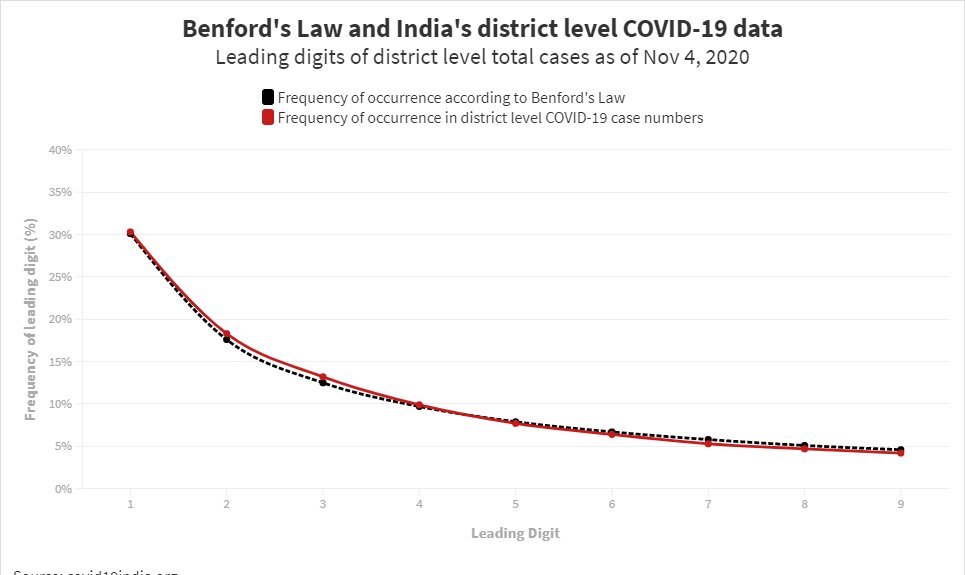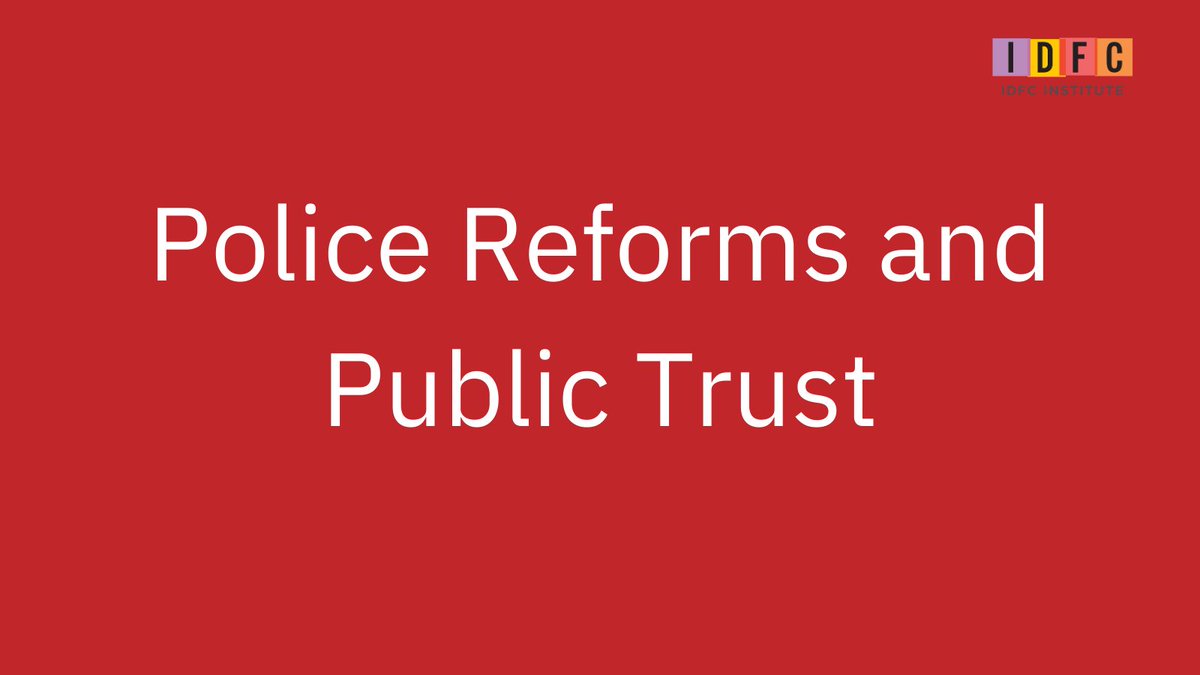
The detailed results of the first round of Mumbai SARS CoV-2 serosurvey have just been published in the @LancetGH (1/5)
thelancet.com/journals/langl…
thelancet.com/journals/langl…

The 1st round of the serosurvey (July) found a seroprevalence of 54% in slums and 16% in non-slum areas and the 2nd round (Aug) found 44% in slums and 17% in non-slums. Read @muradbanaji’s analysis for more (2/5)
science.thewire.in/health/mumbai-…
science.thewire.in/health/mumbai-…
The difference in prevalence, herd immunity...In this insightful piece, @profmohanan summarizes the current knowledge about COVID serosurveys and addresses some of the most common questions (3/5)
indianexpress.com/article/explai…
indianexpress.com/article/explai…
What does it take to conduct a serosurvey? Naziya Shaick from @Pratham_India who was a field manager in the slums of Matunga recalls the challenges she faced while supervising participant recruitment (4/5) idronline.org/covid19-sero-s…
The study was conducted by @mybmc @tifrscience @thstifaridabad @ullaskolthur @anup_malani @profmohanan @gayatrinairlobo Sofia Imad with the financial support of @atechandrafdn @godrejgroup @actioncovidteam (5/5)
cc: @nebuer42 @pritika13 @VaidehiTandel @ShankkarAiyar @CafeEconomics @MNReddi_IPS @theviksinha @HAdarkar @VenkyHariharan @AvantiDurani @_NehaSinha @jammastergirish @TinazMistry
cc: @priveda22 @SharmadhaS @Rajesvari7 @hvpachisia @vibhavmariwala @PrakharMisra @TveshaSippy @IsalyneGe @kadambari_shah @ShainaPatel77
• • •
Missing some Tweet in this thread? You can try to
force a refresh





